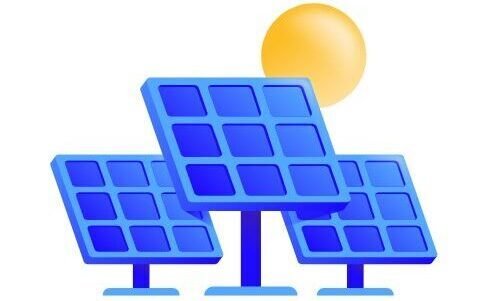As the world grapples with the pressing issue of climate change, nations are increasingly turning to renewable energy sources to reduce their carbon footprints. Pakistan, a country blessed with abundant sunshine, has recognized the potential of solar energy as a sustainable and economical solution to its energy woes. In recent years, the Pakistani government has launched several schemes to promote the adoption of solar panels in homes, aiming to alleviate the energy crisis and foster a green economy. This guide explores these government initiatives, their benefits, and how homeowners can take advantage of them.
The Energy Crisis in Pakistan
Pakistan has been facing a severe energy crisis for decades, characterized by frequent power outages and an ever-increasing demand for electricity. The reliance on non-renewable energy sources, such as oil and gas, has led to environmental degradation and economic instability. The high cost of electricity has also burdened consumers, making renewable energy an attractive alternative.
Solar Panel Government Schemes for Homes in Pakistan
To combat these challenges, the Pakistani government has introduced several schemes and incentives to promote the installation of solar panels in homes. These initiatives aim to make solar energy more accessible and affordable for the general population.
1. Net Metering Policy
One of the most significant steps taken by the government is the implementation of the net metering policy. This policy allows homeowners to generate their own electricity using solar panels and sell the excess energy back to the national grid. Net metering not only reduces electricity bills but also contributes to the overall energy supply. The Pakistan Electric Power Company (PEPCO) and the National Electric Power Regulatory Authority (NEPRA) have been actively promoting this policy, making the process of obtaining net metering licenses more streamlined.
2. Subsidies and Tax Incentives
The government has also introduced various subsidies and tax incentives to reduce the financial burden on those investing in solar energy. These include:
- Subsidized Loans: Through various financial institutions, the government provides low-interest loans to homeowners for the installation of solar panels. This makes it easier for individuals to afford the initial cost of setting up a solar power system.
- Tax Exemptions: Import duties and sales tax on solar panels and related equipment have been reduced or eliminated. This significantly lowers the cost of solar installations, making them more affordable for the average consumer.
3. Solar Financing Programs
In collaboration with commercial banks and international financial institutions, the Pakistani government has launched solar financing programs. These programs offer easy financing options for residential solar projects, enabling homeowners to pay for their solar systems in installments over several years. The State Bank of Pakistan (SBP) has been instrumental in facilitating these programs by providing concessional financing to banks that offer solar loans.
4. Awareness and Training Programs
To ensure the successful implementation of solar energy initiatives, the government has also focused on raising awareness and providing training to the public. Various campaigns have been launched to educate people about the benefits of solar energy and the available government schemes. Additionally, training programs for technicians and installers have been introduced to build a skilled workforce capable of supporting the growing solar industry.
Benefits of Solar Energy for Homeowners
Adopting solar energy offers numerous benefits for homeowners, including:
- Cost Savings: Solar panels can significantly reduce electricity bills by generating free electricity from the sun. With net metering, homeowners can also earn money by selling excess energy to the grid.
- Energy Independence: Solar energy provides a reliable and consistent power source, reducing dependence on the national grid and protecting against power outages.
- Environmental Impact: Solar energy is a clean and renewable source of power that does not produce harmful emissions, helping to mitigate climate change and reduce pollution.
- Increased Property Value: Homes equipped with solar panels often have higher property values and are more attractive to potential buyers due to their lower operating costs and sustainable energy solutions.
How to Avail Government Schemes
Homeowners interested in taking advantage of government schemes for solar energy can follow these steps:
- Research and Planning: Assess your energy needs and the feasibility of installing solar panels on your property. Consider factors such as roof space, orientation, and local climate conditions.
- Choose a Reputable Installer: Select a certified and experienced solar panel installer who can guide you through the process and ensure a high-quality installation.
- Apply for Net Metering: Contact your local electricity distribution company to apply for a net metering connection. Ensure that your solar system meets the technical requirements set by NEPRA.
- Explore Financing Options: Investigate available financing options, including subsidized loans and solar financing programs. Consult with financial institutions to find the best plan for your needs.
- Take Advantage of Tax Incentives: Ensure that you benefit from any applicable tax exemptions or reductions on solar equipment.
Conclusion
The Pakistani government’s initiatives to promote solar energy adoption in homes are a significant step towards addressing the country’s energy crisis and fostering sustainable development. By leveraging subsidies, tax incentives, and financing programs, homeowners can reduce their electricity costs, achieve energy independence, and contribute to a cleaner environment. As awareness and adoption of solar energy continue to grow, Pakistan is poised to harness its vast solar potential and create a brighter, greener future for all.

